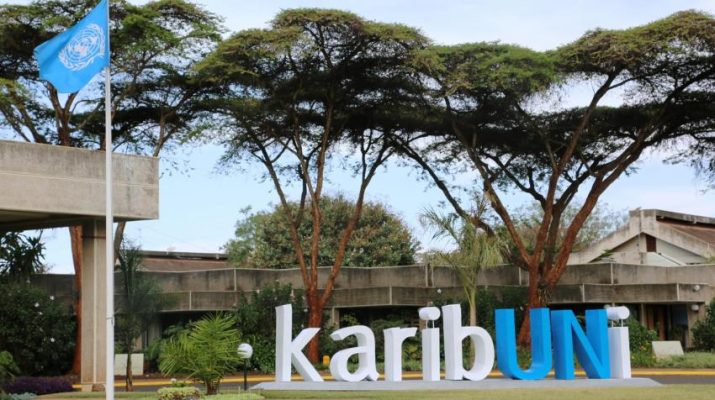By Ibrahim Adan
Nairobi is buzzing with a new kind of energy as the United Nations undergoes a significant strategic shift. By 2026, the UN will relocate the global headquarters of UNICEF, UNFPA, and UN Women to the Kenyan capital.
This move will position Nairobi among an elite group of just four cities worldwide hosting multiple UN headquarters and is seen as a testament to Kenya’s growing global stature. However, as the diplomatic spotlight shines on Gigiri, an important question arises: will this relocation truly be beneficial for all Kenyans, or could it carry hidden drawbacks?
The immediate advantages are clear. The influx of new UN staff, estimated to be in the hundreds, along with potentially thousands of their families and support staff, is expected to inject significant foreign currency into the economy.
This will create direct and indirect job opportunities across various sectors, from hospitality and real estate to security and local services.
Furthermore, Nairobi’s elevated status as a global UN hub strengthens Kenya’s voice on the international stage.
Issues championed by the relocated agencies – children’s rights, gender equality, and reproductive health – will now have their global policy and operational centres rooted in Africa.
This proximity to the continent’s realities promotes effective interventions, potentially fostering greater collaboration and knowledge transfer between UN experts and local professionals.
However, beneath the gleaming promises, a growing murmur of concern echoes among ordinary Kenyans.
The “job creation” narrative, while appealing, often overlooks who truly benefits. Will the specialized roles within the UN be accessible to local talent, or will they primarily be filled by international staff, potentially creating competition for existing positions?
More pressing, perhaps, is the spectre of a spiralling cost of living. Already, Nairobi is a city where affordable housing is a distant dream for many.
The increased demand from a well-compensated international community could further inflate rents and property prices, pushing out long-term residents and local businesses.
Moreover, while Nairobi’s infrastructure is continuously developing, it faces immense pressure. A gradual increase in population could strain existing resources such as water, electricity, and waste management. Additionally, traffic congestion, a daily challenge for many Nairobi residents, could worsen.
As the UN unveils more of its global flag in Nairobi, Kenya faces a delicate balancing act. The opportunity for economic growth and heightened international influence is undeniable.
Yet, ensuring these benefits trickle down to the majority of Kenyans, rather than exacerbating existing inequalities, will require proactive planning, thoughtful policy, and a commitment to inclusive growth.
The success of this grand relocation will ultimately be measured not just by diplomatic accolades, but by whether it truly enriches the lives of Nairobi’s diverse population.

